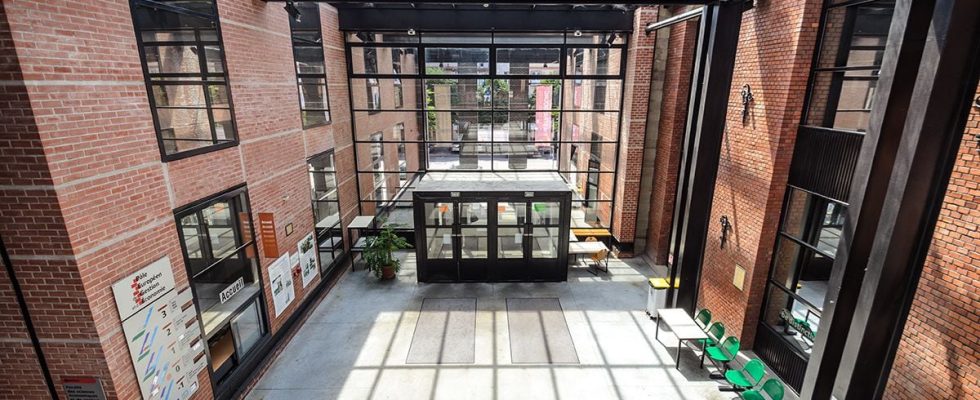This year more than others, the question of the attractiveness of business schools arises. If the largest of them – like HEC, Essec, ESCP, Edhec or emlyon – have no trouble filling their ranks, those located in the middle of the table suffer. In 2023, 11 out of 24 post-prep establishments have not stocked up.
Is this a sign of the end of the model? Nothing is less sure. “Management training has acquired its reputation. It leads to very varied types of professions which retain their place in society,” assures Pierre Tapie, director of the Paxter consulting firm and former general director of Essec.
A vision shared by Thomas Roux, director of the market analysis company Xerfi. “Business schools are still very attractive. The ultimate goal remains the placement of students in the job market. And today, the training is adapted, with very good integration rates.”
Ultimately, it is the post-prep major school program model that seems to raise questions today. “This model is not called into question. What is is that of the prep class, which is an international UFO. But business schools are based on an international market. Many students prefer to study in foreign establishments in Italy, Switzerland or elsewhere”, estimates Elian Pilvin, general director of EM Normandie.
Priority to post-baccalaureate
For Thomas Roux, this model is still valid for the top ten, which largely fill their promotions. “We have seen a massive increase in numbers in the programs of top establishments. Candidates are rushing to the best courses, which is drying up the pool of less reputable ones,” confirms Pierre Tapie.
EM Strasbourg paid the price this year with… 128 vacant places out of the 220 open. “All our business schools are doing well. In the post-preparatory sector, the drop in numbers is linked to the reduction in the number of candidates and not to a drop in attractiveness”, explains Babak Mehmanpazir, new director of the school Strasbourg.
To compensate for this drying up, many managers have changed their economic model. In addition to their Grande école program, the majority of them offer bachelors, BBAs, specialized masters and other masters of science. Even HEC, which resisted for a very long time, is opening, at the start of the 2024 school year, an international bachelor’s degree in collaboration with the Italian University of Bocconi.
EM Normandie, for its part, anticipated this slowdown in 2006. “We took the gamble of reorienting EM Normandie’s natural market towards post-baccalaureate, while retaining part of our post-prep workforce. And today “Today, we are one of the leaders in this segment”, analyzes Elian Pilvin. A wise choice for the Norman establishment, which now welcomes more top students in post-baccalaureate than in post-prep. It is also doing well with its other bachelor, BBA and international programs. A diversification that EM Strasbourg has also promoted with bachelors, specialized masters and international recruitment. The question of opening a post-baccalaureate PGE also arises in the longer term.
Doesn’t this development of new French and international programs in all directions risk further reducing the number of students in economic preparation… until there are no more? Sometimes the cure is worse than the disease…
An article from the special report of L’Express “The 2024 Palmarès des grandes écoles de commerce”, published in the weekly of December 14
.
